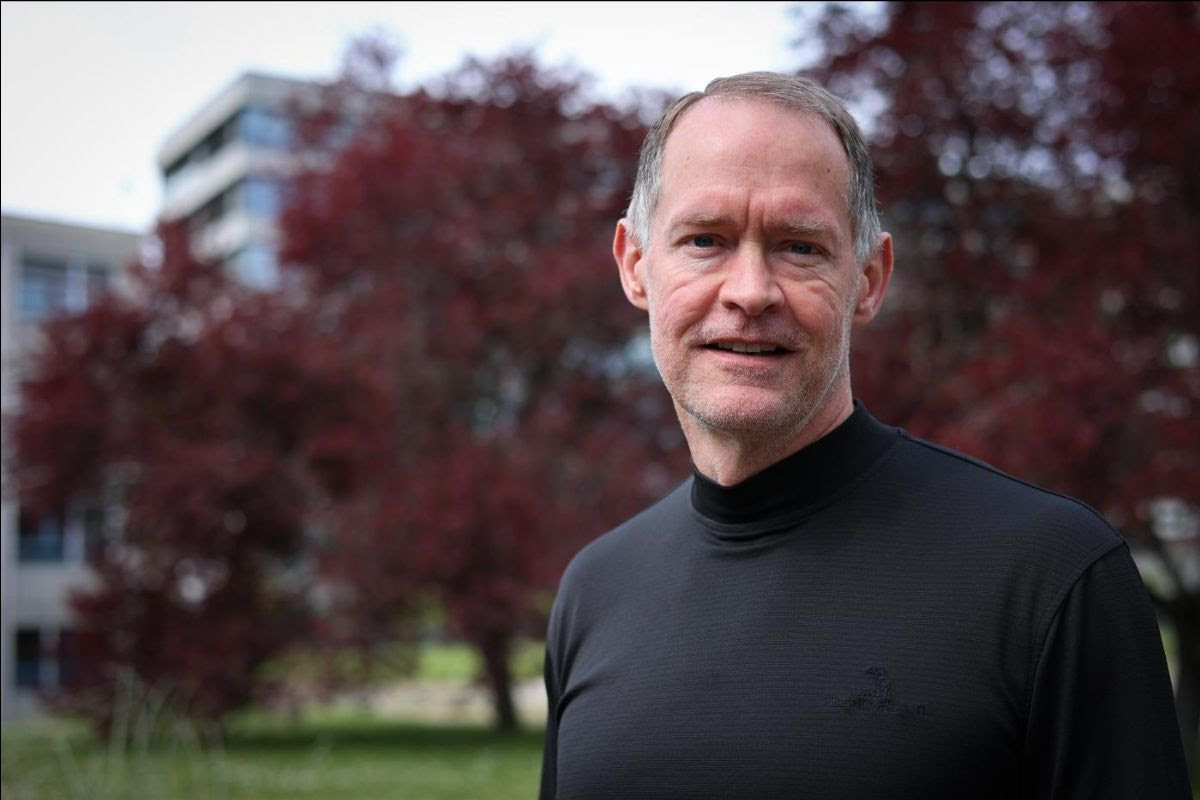Why is it important to deepen collaboration between the WCC and specialized ministries? Rev. Wilson: Specialized ministries are, generally speaking, church-related agencies involved in humanitarian, development or disaster response work. Specialized ministries are absolutely key WCC collaborators. This collaboration—which will be strengthened during Working Together—is essential for several different reasons. Specialized ministries help the WCC identify on-the-ground issues that we all care about. It’s a mistake for any international organization to think that it has the answer in every context! Specialized ministries help remind us of how one context is different form another. The collaboration is also important because each specialized ministry is able to learn from the other. When we gather at Working Together, colleagues share best practices and common challenges. From its beginning, the ecumenical movement has emphasized that relationships—not documents—are the essence of ecumenism. Working Together is a key opportunity on an annual basis to build those relationships. On an even deeper level, collaborating depends on some integration of our theologies, and our theologies are made richer by our collaboration. They work hand-in-glove with each other. Is this year’s Working Together particularly meaningful since it is the first one occurring after the WCC 11th Assembly? Rev. Wilson: Every Working Together is important and is a good time to be together! But this one is especially interesting because—as is always the case after the assembly—the WCC is developing a new strategic plan. Thirty-four organizations have registered for Working Together so far, making it one of the most highly attended. Specialized ministries will have a significant opportunity to hear where we are in the process of the strategic plan, and to give their input into setting the direction as the plan takes shape. For instance, there’s a portion during the meeting when participants can go around and meet with the WCC programme executives and other project leaders. I’m encouraging my colleagues to really harvest the input and see how they can deepen the collaboration. In addition to being exciting, I would add that this year will be especially challenging. There are new strategic directions on the table. And directions always impact and are impacted by personnel and priorities. Then there’s a new WCC general secretary at the table, along with two new WCC programme directors. What are your hopes for this meeting? Rev. Wilson: I think my primary hope is that there’s substantial, mutual learning that takes place. Second, I hope our collaboration can help meet the significant needs in the world, whether we are talking about responding to war or natural disasters, or whether we are talking about preventative and anticipatory measures related to climate change adaptation. The world’s needs are great. I hope, at the end of Working Together, there is some sense of renewed excitement for addressing these needs collaboratively. I hope that our specialized ministries colleagues feel good about the likely strategic directions of the WCC. Specialized ministries are, in many ways, our greatest advocates, going back to their organizations and to their constituencies, and saying “yes, this is worth our support, time, and money.” | 
No comments:
Post a Comment